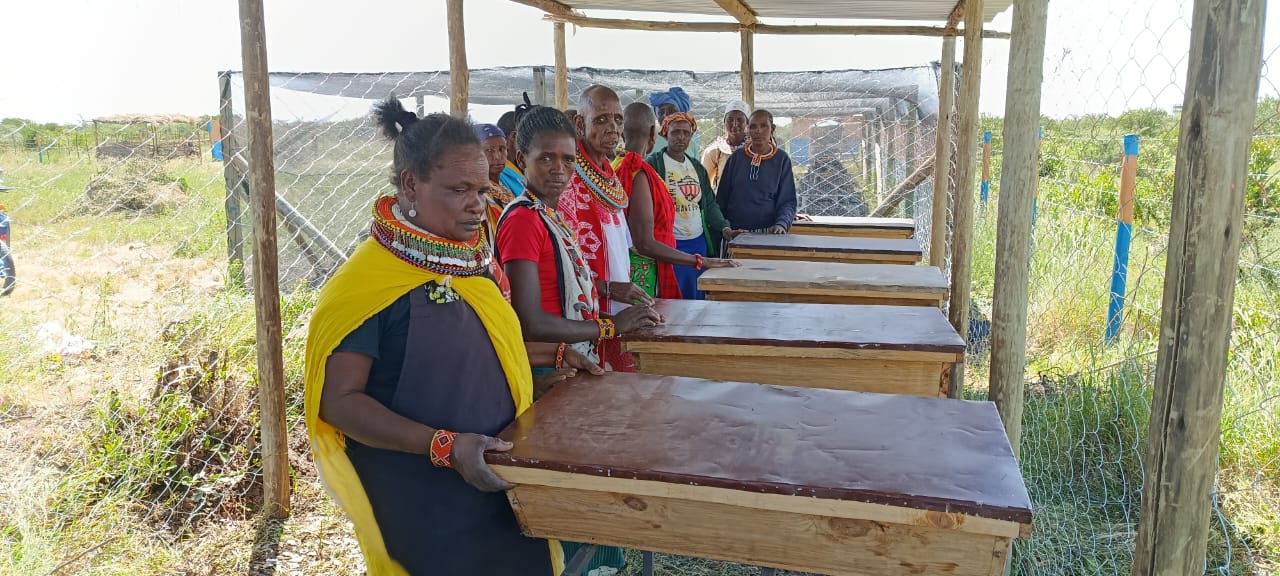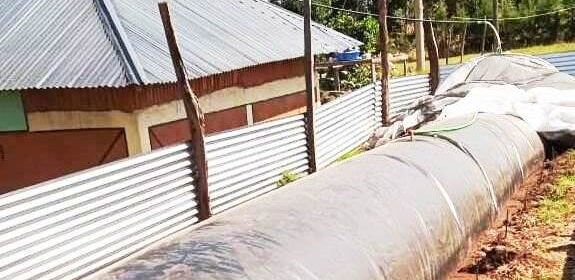

The Power of Biogas: A Sustainable Solution for Cooking and Energy
In many rural areas, households rely heavily on biomass fuels like firewood and charcoal for cooking and heating. This dependency has significant negative impacts—not only on the environment but also on the health and daily lives of women and children, who spend countless hours collecting firewood and cooking in smoke-filled kitchens.
The Burden on Women and Children
Across developing countries, women and children shoulder the bulk of household labor. In Africa, for instance, women spend an average of three to four hours a day collecting firewood. This means that one-third of their daylight hours are dedicated to sourcing fuel, another third to domestic chores, and the remaining third to agricultural work. In effect, firewood collection consumes nearly half of the time a woman could otherwise use for income-generating activities or education.
Biogas: A Game-Changer for Rural Communities
Recognizing the pressing need for sustainable alternatives, the Energy Policy of 2004 pledged to promote domestic and institutional biogas technology. Biogas offers a cleaner, more efficient cooking solution, freeing women from the daily struggle of firewood collection. With an additional three to four hours gained each day, women can engage in income-generating activities, improve agricultural practices, and even pursue education.
Moreover, biogas systems produce excess energy and organic fertilizer, creating opportunities for improved farming techniques, mechanization, and value addition to farm products. This holistic approach can help lift entire families out of poverty.
How Biogas Works
Biogas is produced through the anaerobic digestion of organic waste, such as animal manure, food scraps, and plant material. For example, just 20 kilograms (or a 20-liter bucket) of dung can generate enough gas for a day’s cooking in a household of four to six people. A single well-fed cow can produce 20–30 kilograms of dung daily, which is enough to sustain an average family’s cooking needs.
Beyond cooking, biogas can be used to fuel farm machinery, generate electricity, and even power vehicles. This makes it a versatile and sustainable energy solution that fits seamlessly into the agricultural cycle, reducing waste while maximizing efficiency.
A Sustainable Future
By shifting from firewood and charcoal to biogas, rural communities can enjoy cleaner cooking environments, better health, and more economic opportunities. With proper education and support, biogas technology has the potential to transform lives—creating a greener, more prosperous future for millions.
Embracing biogas isn’t just about energy—it’s about empowerment, sustainability, and long-term progress.
Are you ready to make the switch?
Leave Comments